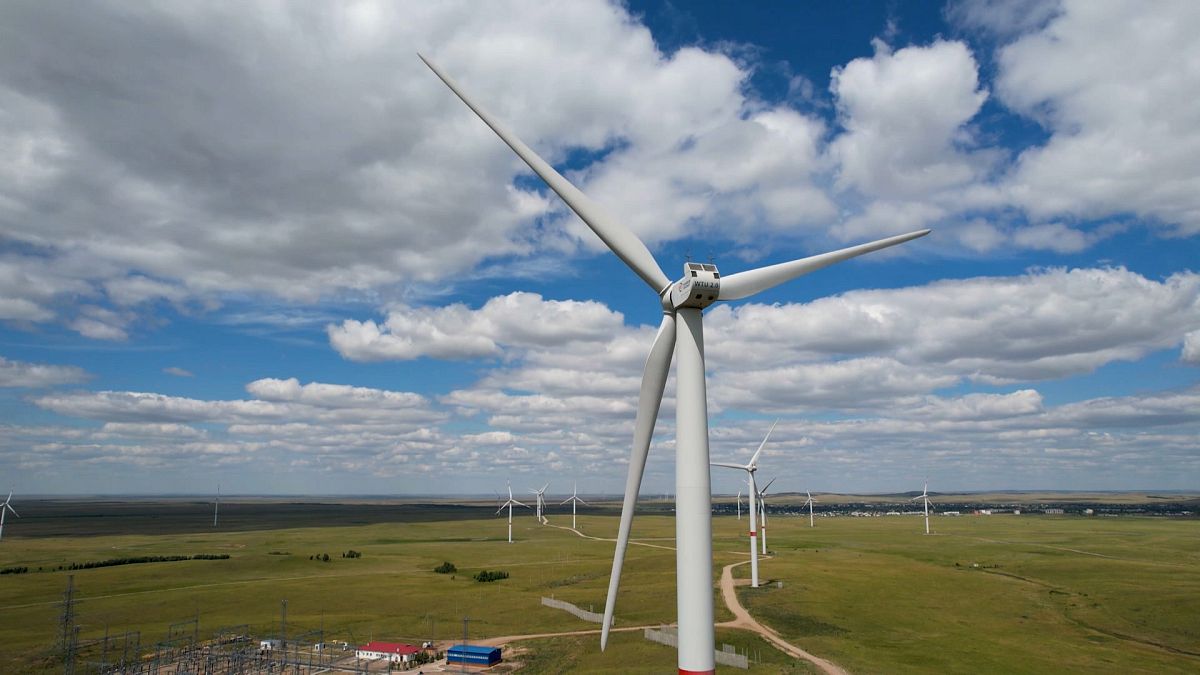

In a world where sustainability and energy efficiency are increasingly critical, various global events underscore both challenges and advancements in our collective journey. From efforts in renewable energy to addressing the intense impacts of climate change, several notable occurrences have come to the fore.
One promising stride in the realm of sustainable energy emerges from Kazakhstan. The country strategically plans to achieve carbon neutrality by 2060, meticulously blending renewable resources and nuclear energy. This ambitious initiative reflects a growing global commitment to finding innovative solutions to complement natural resources like wind and solar energy. Such strategies underscore the potential of harmonizing diverse energy sources to meet our increasing energy demands while maintaining ecological responsibility.
Continuing on the path of energy transformation, an interesting development comes from an unexpected quarter—the Vatican. It is making significant progress towards becoming the world’s first carbon-neutral state with the conversion of a controversial radio site north of Rome into a solar farm. This move aligns with the Vatican’s vision for a green transition and symbolic leadership in global efforts for sustainability.
Yet, even as strides are made toward a greener future, the immediate impacts of climate change remain evident. On the US East Coast, severe weather conditions have been prevalent, with heavy rainfall causing flash floods and chaotic travel conditions from Philadelphia to New York City. These events serve as sobering reminders of the urgency in addressing weather-related disruptions, underscoring the need for proactive measures in infrastructure and emergency management.
The story of Portugal further illustrates these climate challenges, where wildfires have necessitated the evacuation of villages and mobilized over 1,800 firefighters. These fires are part of a broader pattern observed across Europe this year, with countries like Greece, Turkey, the UK, and Cyprus experiencing record wildfire emissions. Abnormally high temperatures and persistent drought conditions have intensified these blazes, highlighting the critical need for improved wildfire management and prevention strategies.
Additionally, the growing interest in sustainable tourism also finds relevance in these conversations. Coastal tourism, known for its diverse offerings from cruises to water sports, faces scrutiny under the lens of sustainability. With an increase in ecolabels and green credentials, discerning environmentally responsible choices becomes paramount for travelers. It is essential to distinguish genuine eco-friendly initiatives from mere greenwashing practices, ensuring that our recreational choices align with a sustainable future.
In a world where nature’s challenges and human innovation continuously intersect, these narratives remind us of the importance of balance and the potential to make thoughtful choices for the planet. Whether harnessing the sun’s power in Kazakhstan or collaboratively extinguishing wildfires in Portugal, there is a collective journey toward learning and adaptation. As communities and nations work to address these intertwined challenges, calm and strategic responses become the guiding force steering us toward a sustainable and harmonious future for our planet.
Source: {link}
